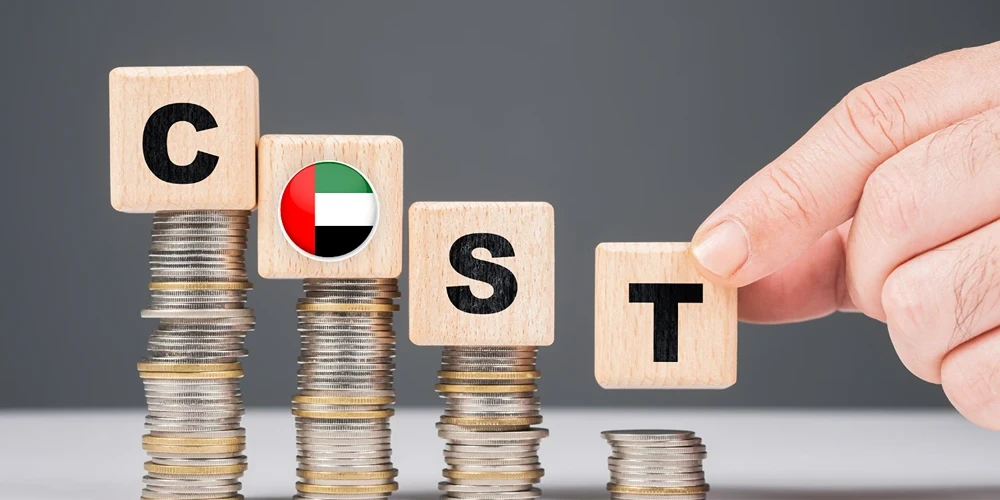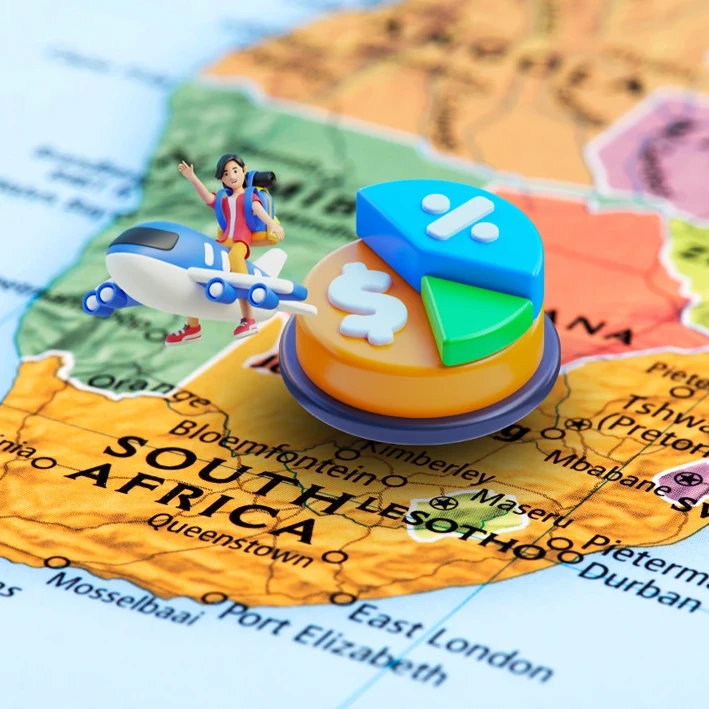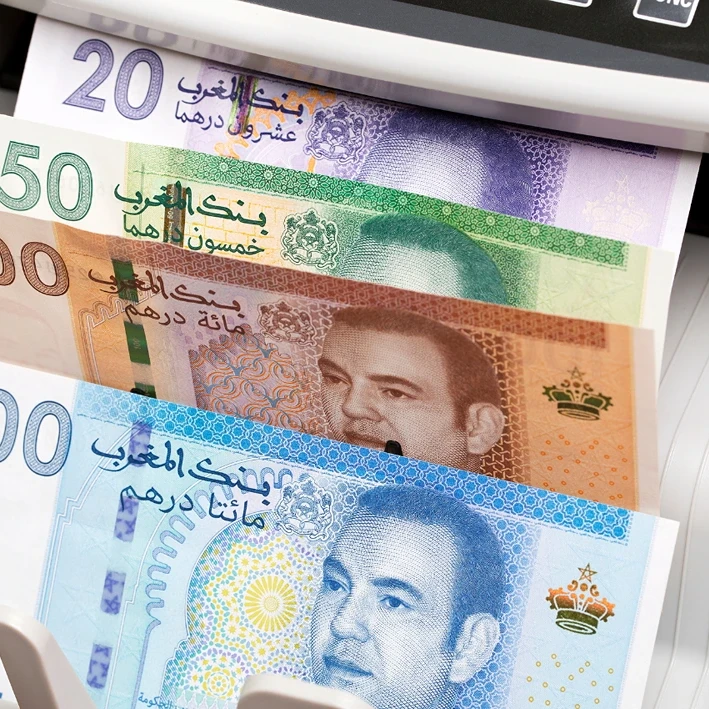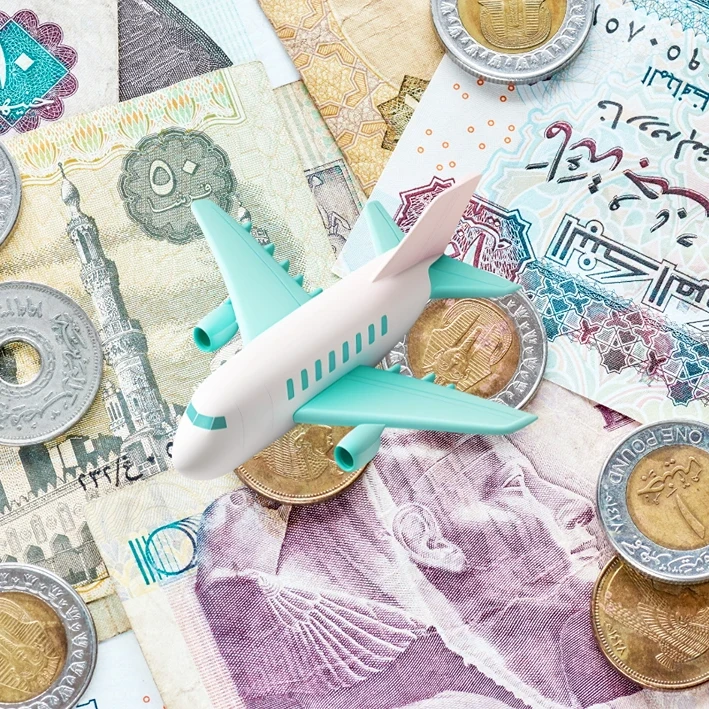Wondering if living in the UAE will drain your wallet? The United Arab Emirates offers an enviable standard of living, but it’s crucial to understand the associated costs. From the luxurious high-rises of Dubai to the cultural hubs of Abu Dhabi, the UAE’s living expenses can significantly vary. This article dives into the essentials of managing money and costs in the UAE—covering housing, utilities, transportation, and everything in between. Get ready to navigate the financial landscape of the UAE with informed decisions and strategic insights.
Table of Contents
Cost of Living in the UAE
The cost of living in the UAE varies significantly depending on the emirate. Dubai and Abu Dhabi are the most expensive, with average monthly living expenses ranging from AED 10,000 to 15,000. Other emirates like Sharjah and Ajman offer more affordable living options, with monthly expenses around AED 7,000 to 9,000. These costs encompass housing, utilities, food, and transportation, contributing to the overall higher standard of living in the UAE. For those looking to explore beyond the urban centers, the best road trips in united arab emirates offer a unique way to experience the country’s diverse landscapes without breaking the bank. Whether it’s a scenic drive through the Hajar Mountains or a coastal journey along the Arabian Gulf, road trips can be a cost-effective way to enjoy leisure time.
Expatriates often find their living expenses higher compared to locals. Housing is a major contributing factor, with rental costs for expats typically higher due to demand in popular areas. Utilities and food costs are also elevated, especially for those accustomed to imported goods. In contrast, locals benefit from subsidies and other advantages, making their overall living expenses lower.
Managing living costs in the UAE requires strategic planning. Opt for housing in less expensive emirates or suburbs to reduce rental expenses. Utilize public transportation to cut down on fuel and maintenance costs. Shopping at local markets for groceries instead of relying on imported goods can also help in managing monthly budgets effectively.
Common Living Expenses
- Housing
- Utilities
- Food
- Transportation
- Entertainment
| Expense Type | Average Monthly Cost | Currency |
|---|---|---|
| Housing | AED 5,000 – 10,000 | AED |
| Utilities | AED 500 – 1,000 | AED |
| Food | AED 2,000 – 3,000 | AED |
| Transportation | AED 300 – 500 | AED |
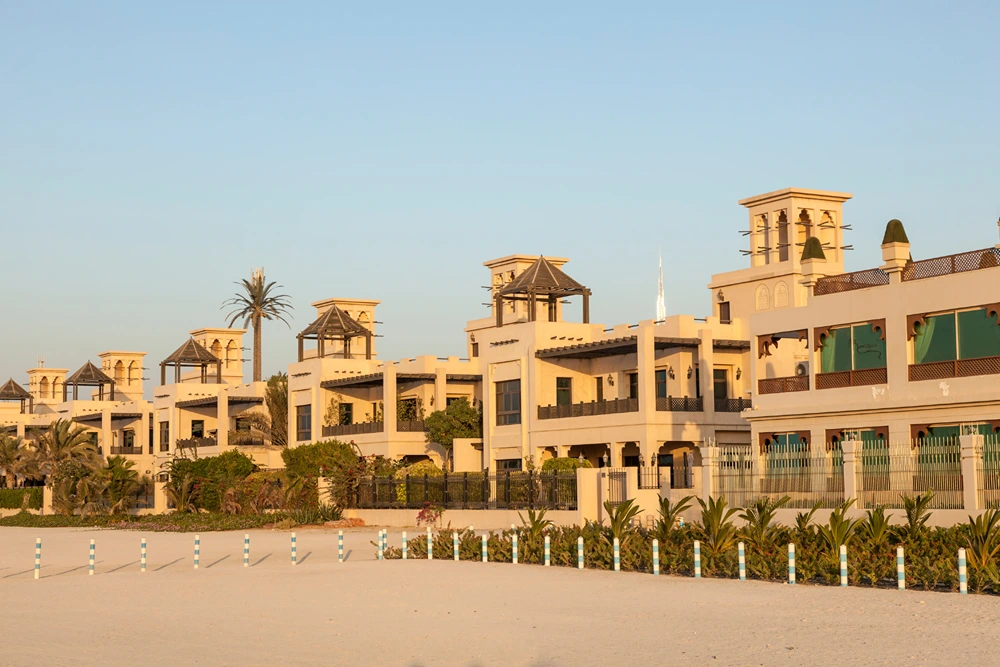
Housing and Renting Costs in the UAE
Rental costs in the UAE vary significantly depending on the emirate. Dubai and Abu Dhabi are the most expensive, with one-bedroom apartments in the city center ranging from AED 5,000 to 10,000 per month. On the other hand, more affordable options can be found in Sharjah and Ajman, where similar apartments may cost between AED 3,000 and 5,000 monthly. This disparity is largely due to the high demand for housing in prime locations and the availability of amenities.
Several factors influence rental prices in the UAE. Location is the primary determinant, with properties in central business districts and areas with high expatriate populations commanding higher prices. Amenities such as gyms, pools, and proximity to public transportation also play a significant role. Additionally, the condition and age of the property can impact the rental cost. Newer buildings with modern facilities are generally more expensive than older structures.
When considering the costs of buying versus renting property in the UAE, it’s important to note that purchasing a home involves significant upfront expenses, including down payments and registration fees. While buying can be a long-term investment, renting provides flexibility, particularly for expatriates who may not stay in the country permanently. Renters should also be aware of additional costs such as property management fees and security deposits, which can further impact their budget.
Additional Costs Involved in Renting
- Security deposits
- Property management fees
- Maintenance charges
- Utility bills
Food and Dining Expenses in the UAE
Grocery shopping in the UAE can be relatively expensive, especially for expatriates used to lower food prices in their home countries. The average monthly cost for a family ranges from AED 2,000 to 3,000. Local markets offer more affordable options for fresh produce, meats, and dairy products. However, imported goods, which many expatriates may prefer, generally come at a premium price. Items such as imported cheeses, cereals, and specialty products can significantly increase your monthly grocery bill.
Dining out in the UAE presents a wide range of costs. High-end restaurants, especially in cities like Dubai and Abu Dhabi, can be quite expensive, with meals often exceeding AED 200 per person. Nonetheless, there are many affordable dining options, particularly in local eateries and food courts where meals can cost as little as AED 20 to 50. Knowing where to dine can help manage your overall food expenses effectively.
Typical Grocery Items and Their Prices
- Milk (1 liter): AED 5
- Bread (loaf): AED 4
- Eggs (12): AED 10
- Chicken breast (1 kg): AED 25
- Apples (1 kg): AED 8
A night out at a mid-range restaurant might cost between AED 100 and 200 per person, while fast food meals are generally around AED 25 to 40. Understanding these cost variations can assist in better financial planning and budgeting for food-related expenses in the UAE.
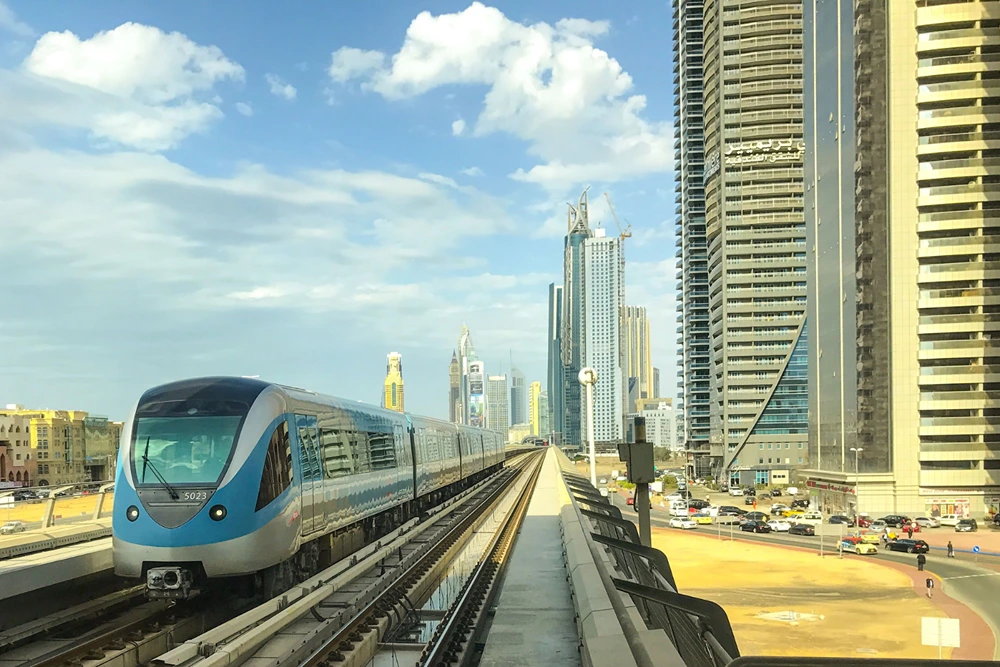
Transportation and Fuel Costs in the UAE
Public transportation in the UAE, particularly in major cities like Dubai and Abu Dhabi, is relatively affordable. For more detailed information on getting around in united arab emirates, you can explore various modes of transport available. Understanding the public transport system can help you navigate the cities efficiently and save on travel costs. From metro services to buses and trams, the UAE offers a range of options to suit different needs and budgets. A monthly pass for public transport typically costs around AED 300. This pass provides access to buses, trams, and metro services, offering a cost-effective way to navigate these bustling urban areas. For those who prefer convenience and time-efficiency, taxis are widely available but can be more expensive, with fares starting at AED 12 for short distances.
Fuel prices in the UAE are notably lower than in many Western countries, making it more economical for car owners. As of the latest figures, petrol costs approximately AED 2.50 per liter. Despite the affordable fuel prices, car maintenance can add to the overall expenses. Regular servicing, tire replacements, and occasional repairs can accumulate costs over time. To keep maintenance expenses in check, it is advisable to follow a routine servicing schedule and opt for reliable service centers.
Car insurance and toll fees are additional costs that car owners must consider. Comprehensive car insurance in the UAE can range from AED 1,200 to 2,000 annually, depending on the vehicle and coverage level. Toll fees, especially in Dubai, can further increase monthly transportation costs. The Salik toll system charges AED 4 per crossing, which can add up quickly for daily commuters. Planning routes to minimize toll crossings and comparing insurance policies can help manage these expenses more effectively. For more detailed information on transportation options, check out our guide on getting around in united arab emirates. This guide covers everything from metro systems to car rentals, helping you navigate the UAE efficiently and affordably.
Transportation Options
- Metro
- Bus
- Tram
- Taxi
- Car rental
| Transportation Type | Average Cost | Currency |
|---|---|---|
| Public Transport Monthly Pass | AED 300 | AED |
| Fuel (per liter) | AED 2.50 | AED |
| Taxi (starting fare) | AED 12 | AED |
Healthcare and Education Costs in the UAE
Healthcare in the UAE is high-quality but can be expensive without insurance. Health insurance is essential for expatriates, as it significantly reduces out-of-pocket expenses. Equally important is understanding the visa requirements united arab emirates, which can vary depending on your nationality and purpose of stay. Ensuring you have the correct visa can save you from unexpected legal and financial complications. Without insurance, a general consultation can cost around AED 300-500, while specialist visits can range from AED 500-1,000. Hospitalization and surgical procedures can run into thousands of dirhams, making comprehensive health insurance a necessity for financial security.
Education costs in the UAE vary significantly between public and private institutions. Public schools, primarily attended by local Emiratis, offer education at minimal to no cost. In contrast, expatriates often opt for private or international schools, which can charge between AED 20,000 and 100,000 per year. These schools provide diverse curricula, such as British, American, and International Baccalaureate, catering to the needs of the expatriate community. The higher tuition fees typically reflect the quality of facilities and extracurricular opportunities available.
University tuition fees also vary, with annual costs ranging from AED 30,000 to 70,000. Public universities tend to be more affordable but may have limited seats for expatriates. Private universities, offering a broader range of programs and facilities, come at a higher cost. Scholarships and financial aid options are available but competitive. Prospective students should consider these factors when planning their education budget.
Typical Healthcare Expenses
- General consultation: AED 300-500
- Specialist visit: AED 500-1,000
- Hospitalization: AED 5,000-20,000
- Surgery: AED 10,000-50,000
| Education Level | Average Annual Cost | Currency |
|---|---|---|
| International School | AED 20,000 – 100,000 | AED |
| Public University | AED 30,000 – 50,000 | AED |
| Private University | AED 40,000 – 70,000 | AED |

Entertainment and Leisure Costs in the UAE
Entertainment and leisure costs in the UAE can vary widely depending on the activity and location. For example, a movie ticket generally costs around AED 40. Nightlife expenses, which include dining and clubbing, can range from AED 200 to 500 per night. These costs are notably higher in cities like Dubai and Abu Dhabi, where the entertainment scene is more vibrant and diverse. For a more budget-friendly night out, consider local cafes and casual dining spots that offer a more affordable experience without compromising on enjoyment.
Tourist activities such as best places to visit in united arab emirates, desert safaris, and visits to theme parks contribute significantly to leisure expenses. Exploring the UAE’s top tourist spots can offer a rich cultural experience without necessarily breaking the bank. From the towering Burj Khalifa to the serene beaches of Fujairah, each emirate offers unique attractions that cater to diverse interests. Whether you’re an adventure seeker or a history enthusiast, the UAE’s array of destinations ensures there’s something for everyone. Planning your visits during off-peak times can also help manage costs while allowing you to enjoy these attractions at a more leisurely pace. A typical desert safari can cost between AED 150 to 300 per person, while entry fees to popular theme parks like Ferrari World in Abu Dhabi can range from AED 300 to 500. Memberships for gyms and clubs in the UAE also vary, with monthly fees ranging from AED 200 to 500. These memberships often provide access to state-of-the-art facilities and various fitness classes, making them a worthwhile investment for those committed to maintaining an active lifestyle.
Common Leisure Activities and Their Costs
- Movie ticket: AED 40
- Night out (dining and clubbing): AED 200-500
- Desert safari: AED 150-300
- Theme park entry: AED 300-500
- Gym membership: AED 200-500 per month
Banking and Financial Services in the UAE
Banking services in the UAE are modern and efficient, providing a range of financial solutions tailored to residents and expatriates alike. Common bank fees include account maintenance and ATM usage fees. For instance, maintaining a standard savings account can incur monthly fees ranging from AED 25 to 50, while using ATMs outside your bank’s network may cost around AED 2-5 per transaction. Additionally, many banks charge for international transfers, with fees typically ranging between AED 50-150 depending on the amount and destination. Understanding these fees can help manage your banking costs more effectively.
Cashless payments are widely accepted across the UAE, making it convenient for daily transactions. Most retailers, restaurants, and service providers accept debit and credit cards, reducing the need to carry cash. For expatriates, remittance costs can be significant when sending money home. These costs vary by provider and can include both a flat fee and a percentage of the amount being sent. Using online remittance services or bank transfers can offer more competitive rates compared to traditional methods.
Common Bank Fees
- Account maintenance fees: AED 25-50 per month
- ATM usage fees (out-of-network): AED 2-5 per transaction
- International transfer fees: AED 50-150
- Overdraft fees: AED 100-200 per instance
Currency Exchange and Budgeting Tips for the UAE
The UAE dirham (AED) is the official currency of the United Arab Emirates. Currency exchange rates can vary, influencing your overall budget. For expatriates and travelers, it is crucial to monitor these rates and exchange money at favorable times. Exchange services are widely available at airports, hotels, and local exchange centers. However, using bank ATMs often provides better rates and lower fees compared to currency exchange counters.
Planning a monthly budget is essential for managing expenses effectively in the UAE. Start by categorizing your expenses into housing, utilities, food, transportation, and leisure. Allocate a specific amount for each category and track your spending to avoid overspending. Online banking apps and budgeting tools can be invaluable in maintaining financial discipline. Regularly reviewing your budget will help in adjusting it according to any changes in income or unexpected expenses. Additionally, knowing the best time to travel to united arab emirates can also impact your overall costs. Traveling during off-peak seasons can result in lower accommodation and flight prices, allowing you to allocate your budget more effectively.
To live cost-effectively in the UAE, consider shopping at local markets instead of international supermarkets, as they often offer better prices for fresh produce and everyday items. Using public transportation can significantly reduce your travel costs compared to owning and maintaining a car. Moreover, taking advantage of discounts and loyalty programs at stores and restaurants can add up to substantial savings over time.
Budgeting Tips
- Monitor currency exchange rates for the best deals.
- Categorize and track your monthly expenses.
- Shop at local markets for better prices.
- Use public transportation to save on travel costs.
- Utilize discounts and loyalty programs.
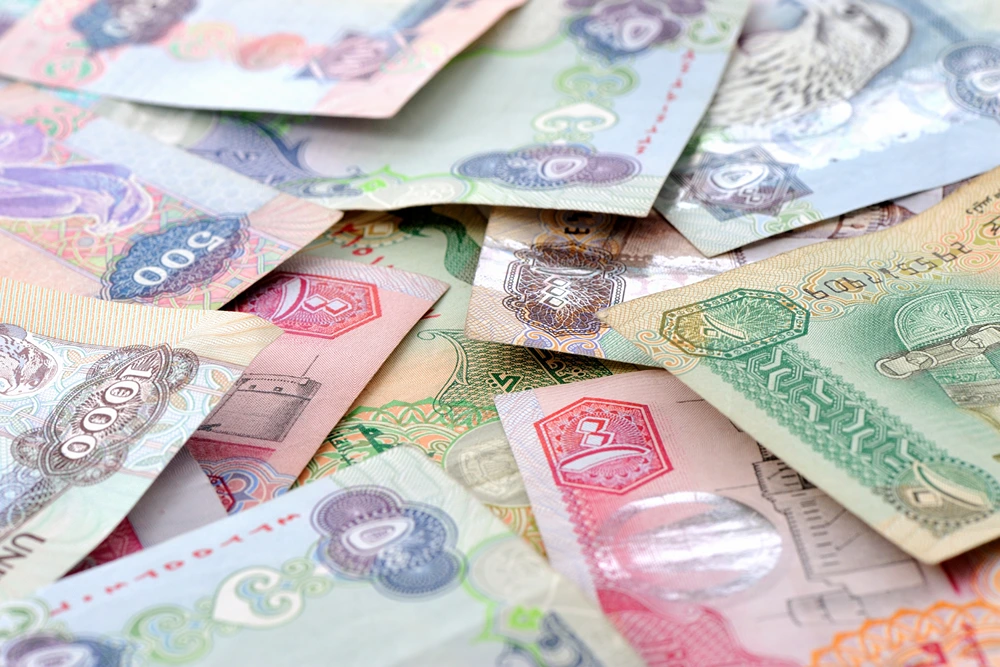
Final Words
Understanding the money and costs for living in the United Arab Emirates is crucial for expatriates. Additionally, being aware of the visa requirements united arab emirates is essential for a smooth transition. Knowing the necessary documentation and procedures can save you time and avoid potential legal issues. Proper planning and adherence to visa regulations can ensure a hassle-free stay in the UAE, allowing you to focus on managing your finances and enjoying your new life. From housing and transportation to food and entertainment, the expenses can add up quickly.
While Dubai and Abu Dhabi are on the higher end of the cost spectrum, careful planning and budgeting can make expat life more manageable.
Adopting cost-saving measures, like using public transport and shopping at local markets, can significantly ease financial pressure.
Living in the UAE offers a high standard of life, and with smart financial strategies, expatriates can enjoy all it has to offer without breaking the bank.
FAQ
What is the cost of living in the UAE?
The cost of living in the UAE varies significantly depending on the emirate. Dubai and Abu Dhabi are the most expensive, with monthly expenses including housing, utilities, food, and transportation being notably high.
How do expatriate living costs compare with local living costs in the UAE?
Expatriates often find the cost of living higher compared to locals, primarily due to housing, school fees, and healthcare. Locals may benefit from government subsidies and other financial support.
What are some tips for managing living costs in the UAE?
Manage your living costs by budgeting carefully, shopping in local markets, using public transportation, negotiating housing rents, and avoiding high-end dining.
What are the average monthly costs for housing in the UAE?
Average monthly costs for a one-bedroom apartment in city centers range from AED 5,000 to AED 10,000. Additional costs may include property management fees and security deposits.
What factors influence rental prices in the UAE?
Factors include location, proximity to amenities, property size, and type of housing. High demand areas like Dubai Marina and central Abu Dhabi are pricier.
How do buying and renting properties compare in the UAE?
Buying property requires a substantial upfront investment and long-term commitment, while renting offers more flexibility but has ongoing costs.
How much do groceries cost in the UAE?
Grocery shopping for a family typically costs between AED 2,000 and AED 3,000 monthly. Local products are cheaper, while imported goods are more expensive.
How do food prices compare between local and imported goods in the UAE?
Local goods are generally more affordable, whereas imported items can be significantly more expensive due to shipping costs and taxes.
What are the costs of dining out in the UAE?
Dining out varies widely; high-end restaurants can be expensive, while local eateries offer affordable options. An average meal might cost AED 40-70.
What are the transportation costs in the UAE?
Public transport is affordable; a monthly pass costs around AED 300. Fuel prices are lower than in many Western countries, but car insurance and tolls add to the cost.
What are the fuel prices and car maintenance costs in the UAE?
Fuel prices are relatively low. However, car maintenance, insurance, and toll fees can add up, making overall car ownership expensive.
What are the healthcare costs in the UAE?
Without insurance, healthcare can be costly. Health insurance is essential, covering consultations, treatments, and medications.
Hazel Wall is a passionate traveler, writer, and explorer dedicated to sharing her experiences and insights with fellow adventurers. With a background in journalism and a deep love for discovering new cultures, Hazel has journeyed across continents, immersing herself in diverse landscapes and traditions.


